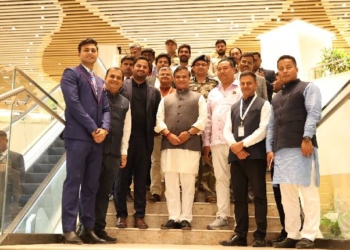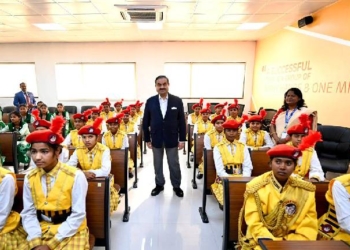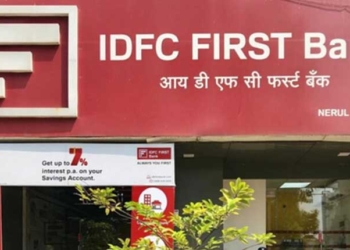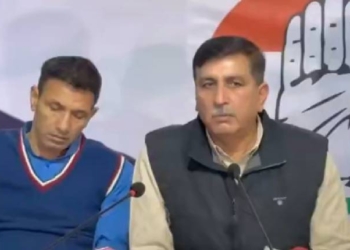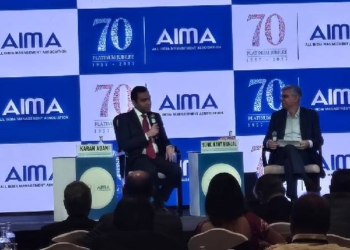New Delhi: In a closely coordinated effort, Indian aviation regulator, the Directorate General of Civil Aviation (DGCA) is conducting a comprehensive “technical evaluation” of the engine-related problems encountered by two separate IndiGo aircraft on Tuesday, an official said.
“The DGCA is diligently overseeing the technical assessment of both these incidents while maintaining a tight collaboration with the airline operator,” a senior aviation regulator official said.
On Tuesday, for the second time within a span of a few hours, an IndiGo flight going from Kolkata to Bengaluru experienced a mid-air glitch. This incident involved one of the aircraft’s engines shutting down, yet the flight managed to land safely.
“IndiGo flight 6E 455 from Kolkata to Bengaluru returned to Kolkata after take off due to a technical issue. The pilot followed standard operating procedures and landed back in Kolkata. An alternate aircraft is being arranged to bring the passengers to Bengaluru. We regret the inconvenience caused to the passengers,” an airline spokesperson said.
Earlier on Tuesday, an IndiGo flight from Madurai landed safely at the Mumbai airport despite one of the aircraft’s engines shutting down. Given that twin-engine planes can safely operate on a single engine, the Airbus A321 safely landed in Mumbai.
“IndiGo flight 6E-2012 operating from Madurai to Mumbai had a technical issue prior to landing in Mumbai. The pilot prioritised the landing in Mumbai. The aircraft is held at Mumbai and will be back in operations after necessary maintenance. We regret the inconvenience caused to the passengers,” said the airline spokesperson.
Tuesday’s development comes after the DGCA had said earlier that subsequent to the announcement made by Pratt & Whitney regarding material anomalies on the PW1100G engines worldwide affecting approximately 200 engines, the aerospace manufacture issued the Service Instructions (SI) enlisting the serial numbers of the engine series which are required to be removed for performing Angle Ultrasonic Scan Inspection during shop visit and accordingly are required to be removed before September 15.
(IANS)




